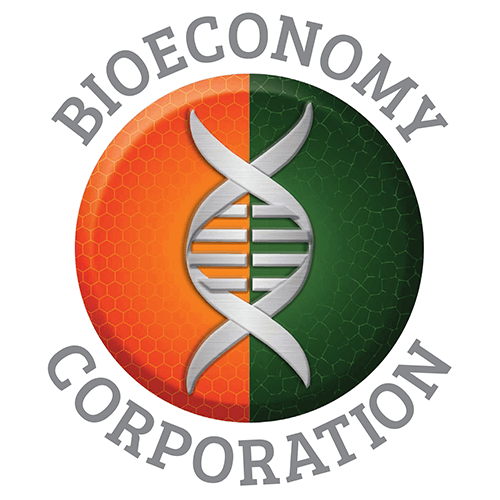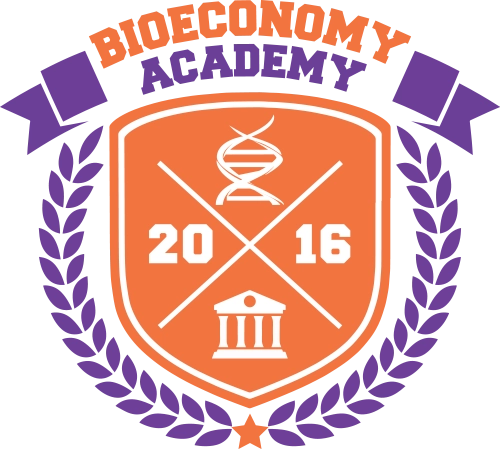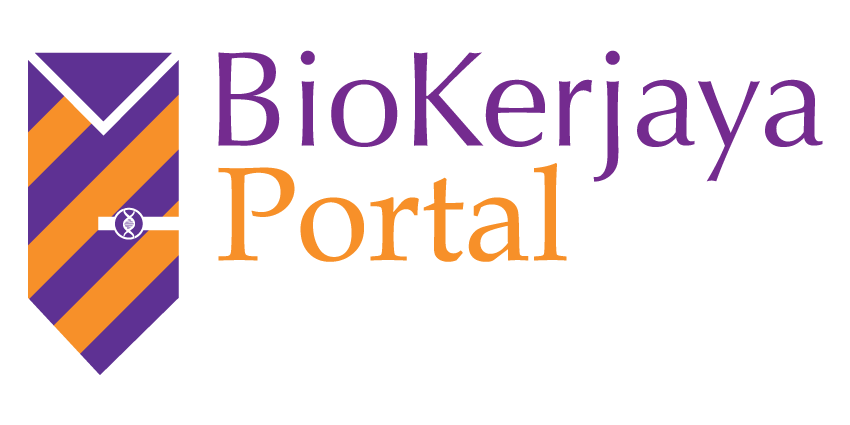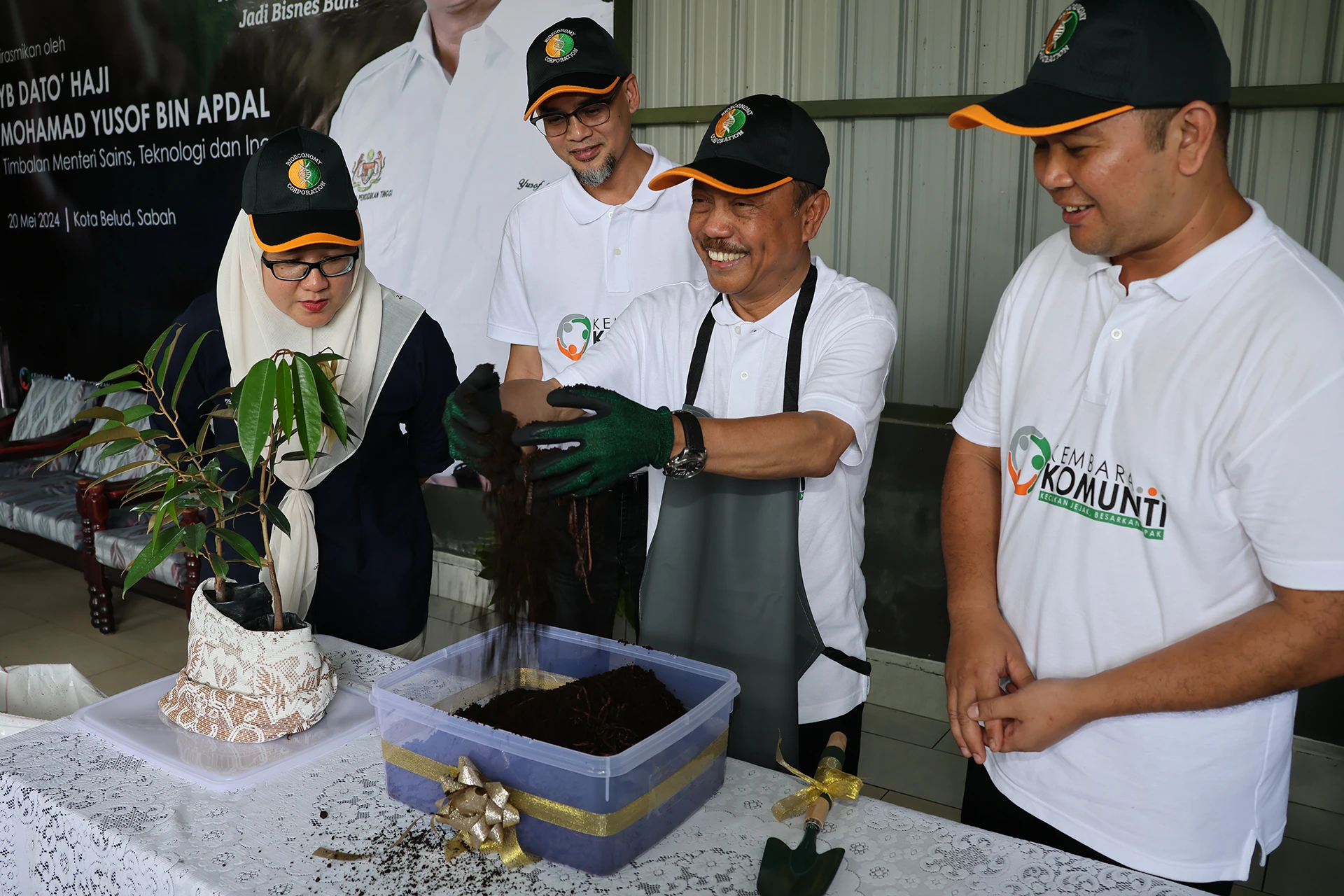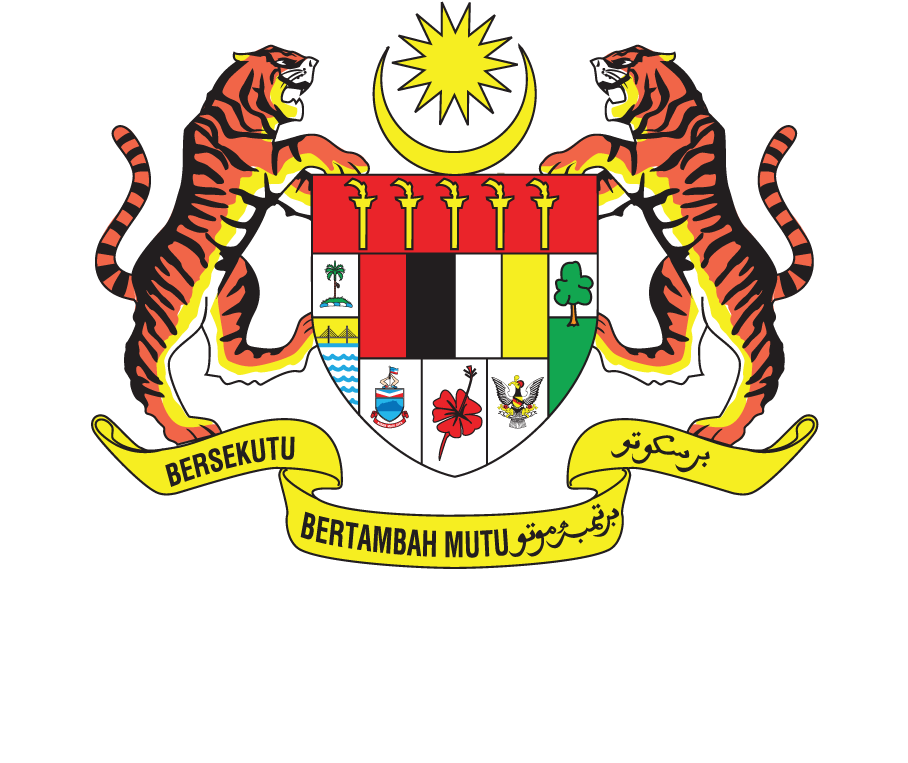Kota Belud, May 20, 2024 – The Ministry of Science, Technology, and Innovation (MOSTI) through its agency, the Malaysian Bioeconomy Development Corporation (Bioeconomy Corporation), has launched the Kembara Komuniti Programme: “Kecilkan Jejak, Besarkan Impak” (Reduce Footprint, Increase Impact) with the theme ‘Ada Sisa, Jadi Bisnes Bah!’ (Waste to Business!) in Kampung Melangkap Tiong today. Through this programme organised by Bioeconomy Corporation, 30 farmers from Kampung Melangkap Kapa and Kampung Tanginambur under the Kota Belud Farmers Association will undergo a six-month training course to master the skills of recycling agricultural waste into high-quality bio-based fertilisers using bio-based vermicomposting technology.
Deputy Minister of Science, Technology, and Innovation, YB Dato’ Haji Mohammad Yusof bin Apdal, said the programme promotes the use and cultivation of science, technology, and innovation (STI) among farmers and demonstrates how STI can be easily applied in daily life, in line with the principle of ‘Popularising Science, Humanising Technology, and Mainstreaming Innovation’. According to the Deputy Minister, the programme guides participants in improving the quality of their crops while also enabling them to sell vermicompost fertilisers as an additional source of income.
“By mastering vermicomposting techniques using African nightcrawler earthworms, participants can produce crops such as durian, avocado, vegetables, and long beans that are more resilient to diseases and pests. Participants also have the potential to generate net income worth RM5,200 per month based on the sale of 2,000 kg of vermicompost fertilisers. Their efforts will improve the standard of living in the Kampung Melangkap Kapa dan Kampung Tanginambur area and ensure a safe and secure food supply. I believe they will develop Kota Belud into a leading sustainable crop production center in Sabah through the application of vermicomposting technology,” he said during the programme launch ceremony.
The Kembara Komuniti Programme is conducted in collaboration with Bioxpert Sdn Bhd (Bioxpert), a producer of organic vermicompost fertiliser cum technology provider, and Universiti Malaysia Sabah (UMS) to facilitate the exchange of knowledge and technology transfer between the students, industry experts, and Bioeconomy Corporation as the industry driver. According to the Chief Executive Officer of Bioeconomy Corporation, En Mohd Khairul Fidzal Abdul Razak, the Kembara Komuniti Programme is a commitment by Bioeconomy Corporation in uniting stakeholders from the government, industry, and academia to promote the use of bio-based technology to improve the quality of life and skills of the community, including farmers.
“Through vermicomposting, farmers can recycle agricultural waste and produce bio-based fertilisers in just 30 to 60 days, compared to the 180 days or more needed with conventional composting methods. Vermicomposting utilises composting worms and decomposing microorganisms, offering a faster and more efficient process compared to traditional composting methods which rely solely on microorganisms. They are expected to obtain approximately 2,000kg of fertilisers from 2,200 kg of agricultural waste. This helps them increase agricultural productivity, reduce production costs, and establish more sustainable agricultural practices and economic resources in Sabah, while fulfilling the goal of ‘bioeconomy for all’. Farmers will also be provided with support and access to wider markets, joint sales arrangements, and training in business management and marketing to ensure the sustainability of their agricultural activities,” he said.
Bioxpert is a bio-based company facilitated by the Bioeconomy Corporation under the Product Development Programme 3.0. Based in Kampung Ratau, Sabah, the company provides access to technology, markets, and other resources to participants of the Kembara Komuniti Programme, ‘Waste to Business!’.
